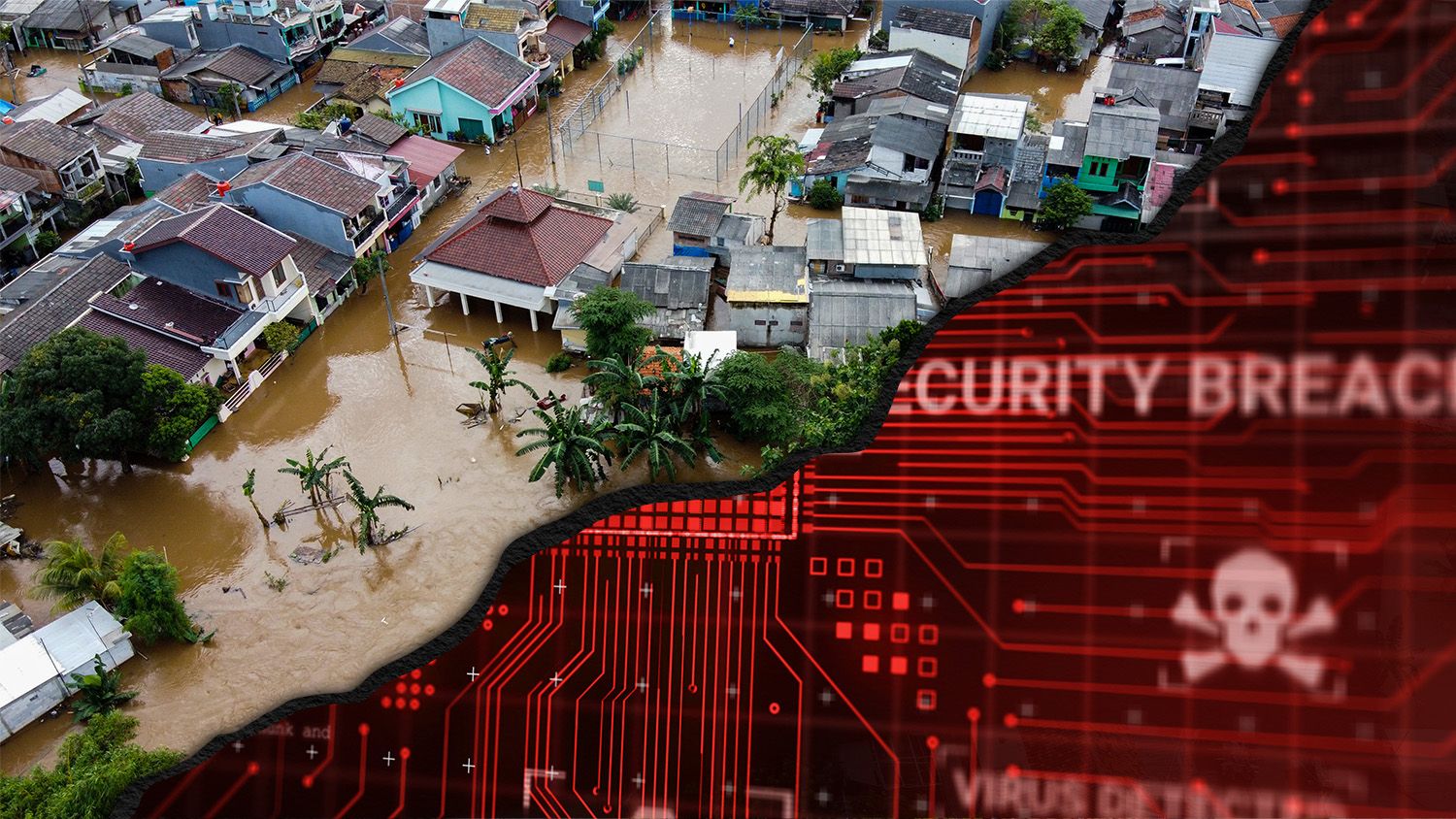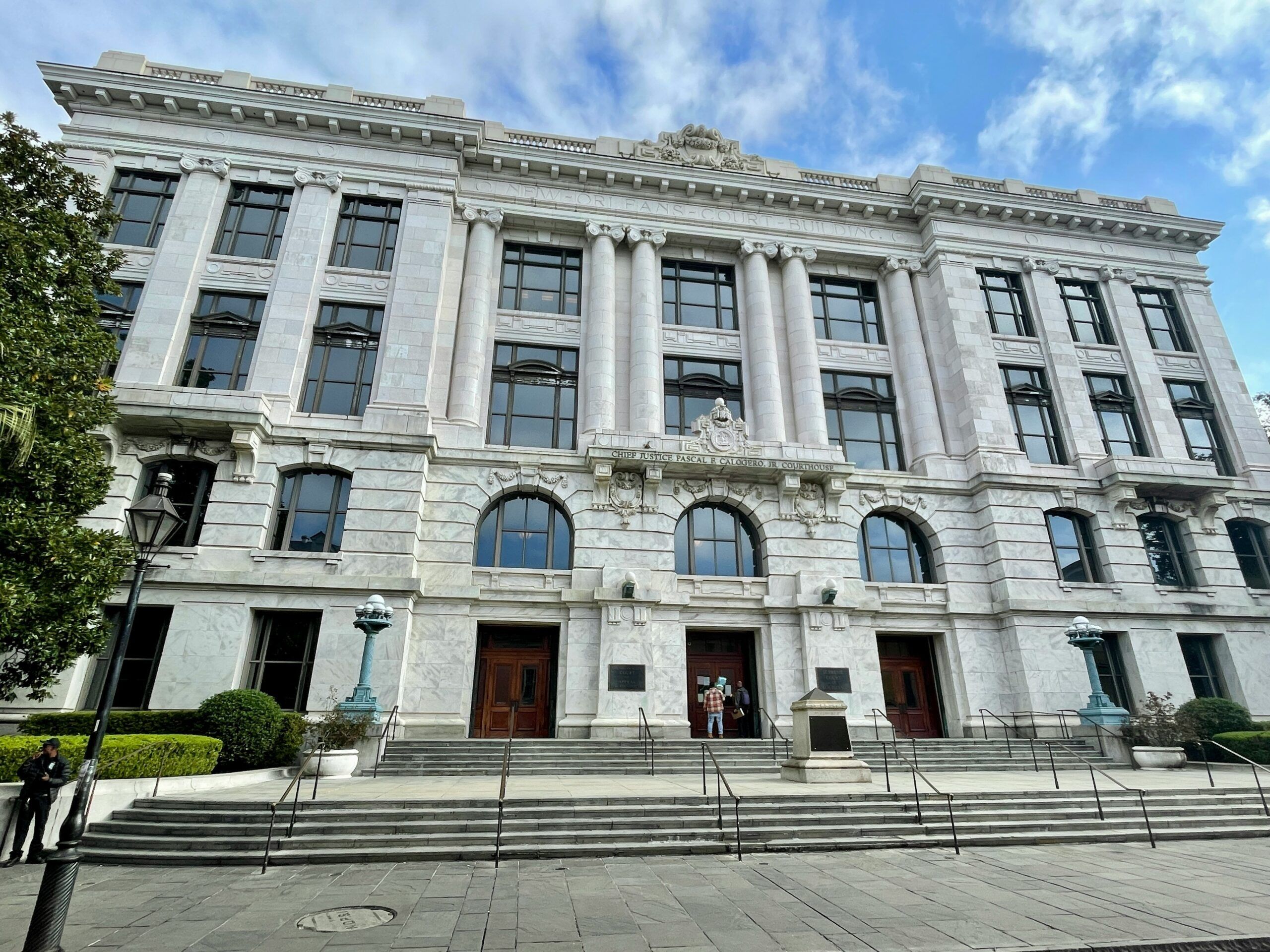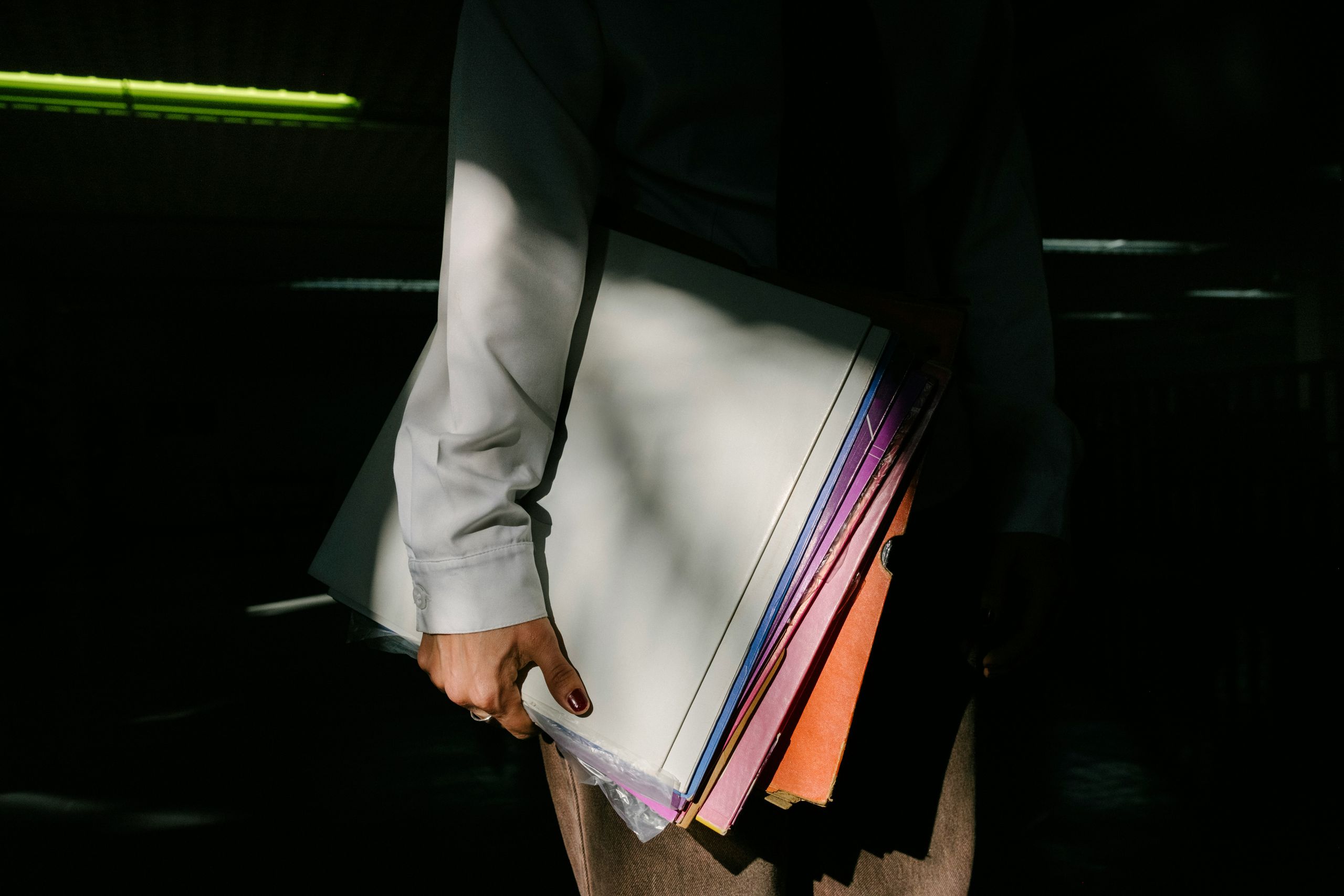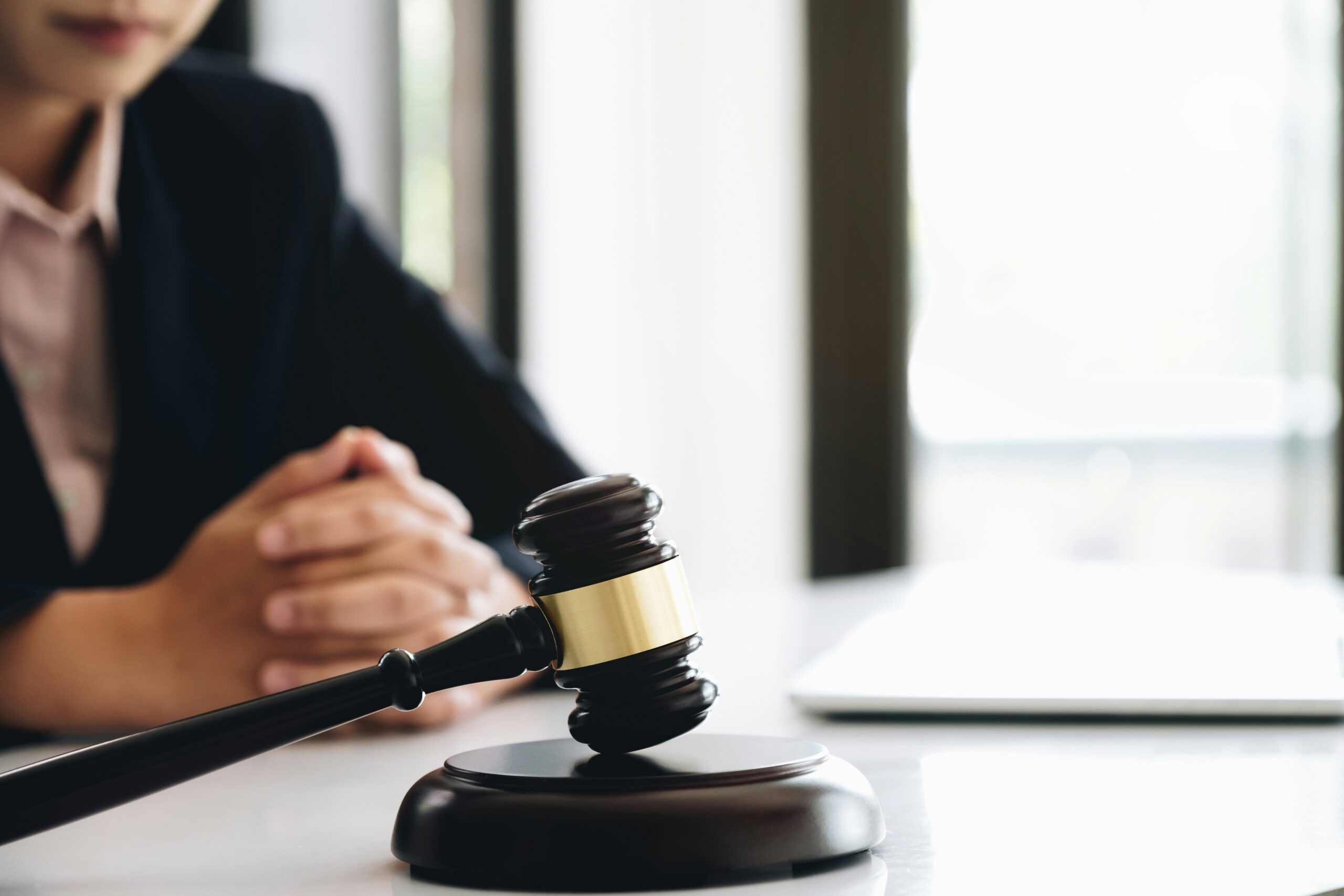Authority: On Cyber Breaches and Disasters (ABA Formal Ethics Opinions 482 and 483)
Author: Dr. Michael H. Hoeflich
This article is featured in Volume 4, Number 8 of the Legal Ethics and Malpractice Reporter.
It is difficult in August 2023 to ignore what is going on in the world: massive fires in Maui and Canada, tropical storms hitting Lower California, tornadoes in the Northeastern United States, heat domes, and temperatures in Manhattan, Kansas, reaching 115 degrees. Not only are our bodies and minds unprepared for these cascading disasters, but neither are our communities, residences, and offices. The unprecedented natural disasters we are experiencing have been accompanied by the increasing insecurity of our digital devices and attacks upon them. Ransomware, data breaches, internet slowdowns, and service failures are making everyday business and professional activities ever more difficult.
We have discussed the ethical obligations of lawyers who are impacted by disasters, both natural and man-made, in the LEMR before. But the summer of disasters we’ve experienced these past few months warrant a timely reminder that lawyers must prepare for and deal with the aftermath of crises at every turn.
The two principal advisory opinions that lay out guidelines as to the ethical obligations of lawyers in natural and digital disasters are ABA Standing Committee on Ethics and Professional Responsibility Formal Opinions 482 and 483. The summary of Opinion 482 outlines the numerous ethics rules that may affect a lawyer during a disaster:
The Rules of Professional Conduct apply to lawyers affected by disasters. Model Rule 1.4 (communication) requires lawyers to take reasonable steps to communicate with clients after a disaster. Model Rule 1.1 (competence) requires lawyers to develop sufficient competence in technology to meet their obligations under the Rules after a disaster. Model Rule 1.15 (safekeeping property) requires lawyers to protect trust accounts, documents and property the lawyer is holding for clients or third parties. Model Rule 5.5 (multijurisdictional practice) limits practice by lawyers displaced by a disaster. Model Rules 7.1 through 7.3 limit lawyers’ advertising directed to and solicitation of disaster victims. By proper advance preparation and planning and taking advantage of available technology during recovery efforts, lawyers can reduce their risk of violating the Rules of Professional Conduct after a disaster.
The introductory summary to Opinion 483 provides a similar list of relevant ethical rules when a lawyer has suffered a data breach:
Model Rule 1.4 requires lawyers to keep clients “reasonably informed” about the status of a matter and to explain matters “to the extent reasonably necessary to permit a client to make an informed decision regarding the representation.” Model Rules 1.1, 1.6, 5.1 and 5.3, as amended in 2012, address the risks that accompany the benefits of the use of technology by lawyers. When a data breach occurs involving, or having a substantial likelihood of involving, material client information, lawyers have a duty to notify clients of the breach and to take other reasonable steps consistent with their obligations under these Model Rules.
Since Opinions 482 and 483 were issued, the number of natural disasters and data breaches has increased, and the culture of work within the legal profession has changed significantly. Many lawyers and law firms now work remotely, dispersing devices and files more widely than ever. It is easy to imagine the occurrence of a natural disaster that spares a law firm’s office but impacts lawyers working in disparate locations. Similarly, lawyers working remotely, using systems with less protection from data breaches than those at the principal office, risk exposing the law firm’s systems and files to unauthorized breaches. As a result, remote work will undoubtedly make the types of preparations discussed in Opinions 482 and 483 even more complex and difficult to implement.
The bottom line in all of this is that every lawyer should diligently review Opinions 482 and 483 in light of our ever-changing natural, digital, and work environments, ensuring that their preparation and response plans are up-to-date and compliant with the Rules of Professional Responsibility.
READ THE FULL ISSUE OF LEMR, Vol. 4, No. 8
About Joseph, Hollander & Craft LLC
Joseph, Hollander & Craft is a mid-size law firm representing criminal defense, civil defense, personal injury, and family law clients throughout Kansas and Missouri. From our offices in Kansas City, Lawrence, Overland Park, Topeka and Wichita, our team of 25 attorneys covers a lot of ground, both geographically and professionally.
We defend against life-changing criminal prosecutions. We protect children and property in divorce cases. We pursue relief for clients who have suffered catastrophic injuries or the death of a loved one due to the negligence of others. We fight allegations of professional misconduct against medical and legal practitioners, accountants, real estate agents, and others.
When your business, freedom, property, or career is at stake, you want the attorney standing beside you to be skilled, prepared, and relentless — Ready for Anything, come what may. At JHC, we pride ourselves on offering outstanding legal counsel and representation with the personal attention and professionalism our clients deserve. Learn more about our attorneys and their areas of practice, and locate a JHC office near you.













